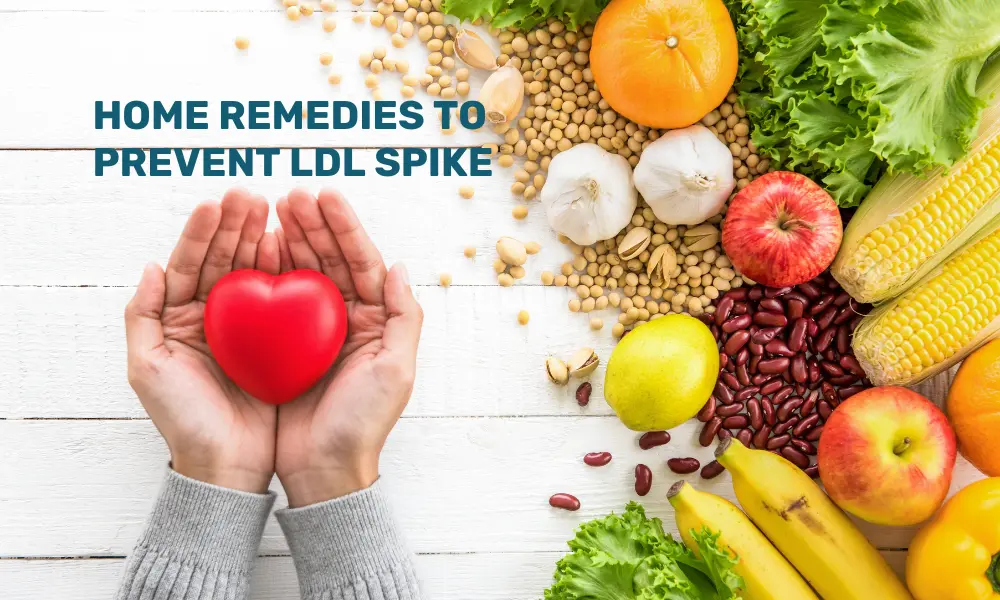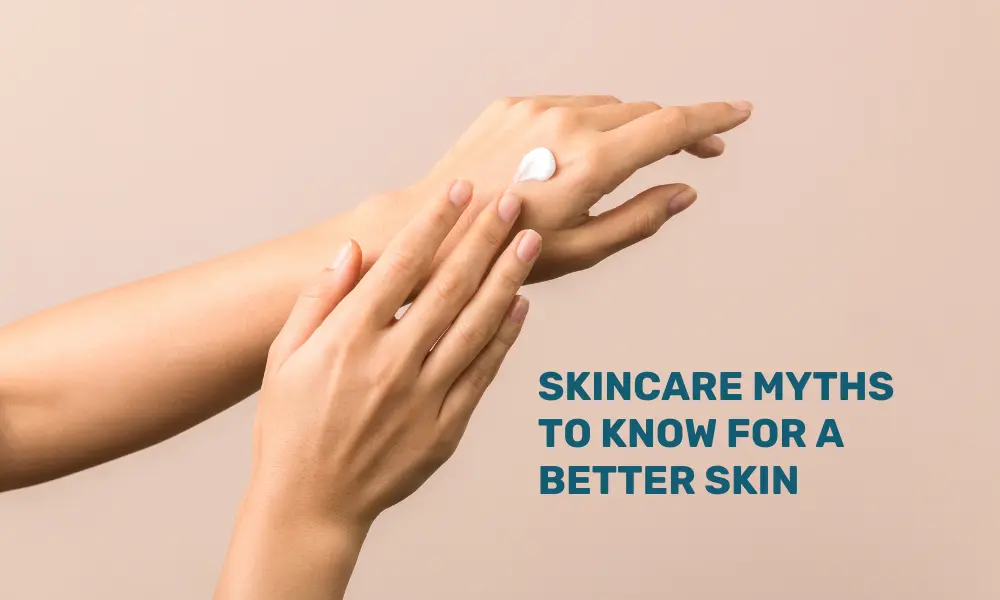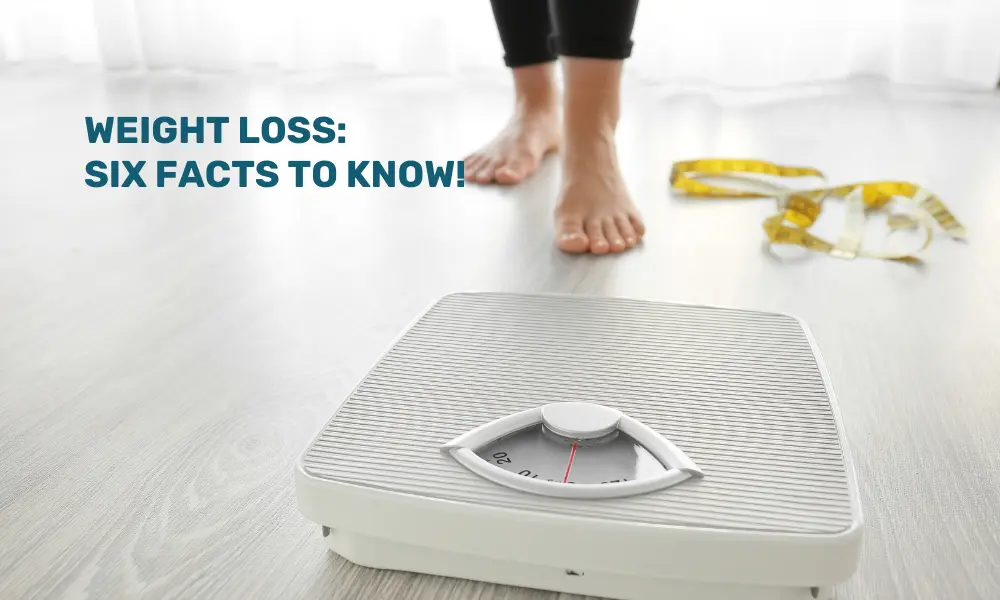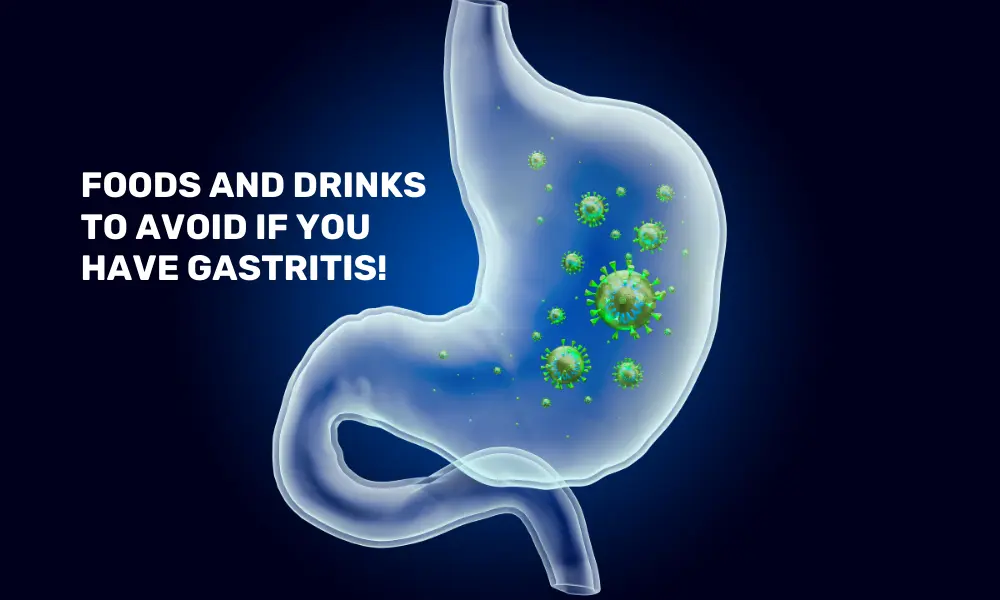Heart health doesn’t show up until the lab tests raise the alarm. One of those red flags is High LDL (Low-Density Lipoprotein), and it is also known as “bad cholesterol.” Our body does need some cholesterol to make hormones and enable cell function, but too much LDL will clog up arteries and put us at risk for heart attack and stroke.
The silver lining is that you don’t need to spend money on expensive supplements or expensive diets to control your LDL. Our Indian kitchens have a host of inexpensive, natural foods that can help curb an LDL spike and keep hearts healthy. Our in-house expert, Dt. Aparna Pandey, MSC-Nutrition and Dietetics, shares some useful home remedies and tips to keep LDL in check.
1. Garlic: Garlic is also well known to lower cholesterol, especially LDL. Allicin is a bioactive compound found in garlic, which lowers the levels of total and LDL cholesterol without decreasing HDL (good cholesterol). Attempt to take 1–2 raw garlic cloves on an empty stomach in the morning. You can also chop garlic and add it to homemade dals, sabzis, or chutneys.
Tip: Let crushed garlic stand for 10 minutes before using – it activates its heart-friendly compounds.
2. Methi (Fenugreek Seeds): Methi seeds are rich in saponins and soluble fiber, both of which have been found to trap cholesterol in the gut and prevent its absorption. Soak 1 tsp of methi seeds in water overnight and consume them in the morning on an empty stomach. Or mix methi powder with atta or have methi tea by boiling seeds in water.
Tip: It also regulates blood sugar levels – a double benefit for diabetic heart patients.
3. Flaxseeds (Alsi Seeds): Flaxseeds are a great source of alpha-linolenic acid (ALA), a vegetarian omega-3 that is anti-inflammatory and reduces LDL cholesterol. Take 1 tbsp of roasted and powdered flaxseed every day. Mix over curd, smoothies, or even atta while rolling the rotis. Never administer them whole- grinding enhances absorption. Consistency is the secret: Make it a part of your morning breakfast routine.
4. Lemon Water with Honey: Lemon water is a mild liver cleanser and aids in stimulating bile production, which aids in the digestion of cholesterol and fat. Honey, when consumed in small amounts, is rich in antioxidants that can potentially balance cholesterol. Mix half a lemon with warm water and 1 tsp honey. Drink in the morning. It’s invigorating, refreshing, and even helps in digestion.
5. Amla: Amla or Indian gooseberry has vitamin C and polyphenols, which not only strengthen blood vessels but also reduce the concentration of LDL by preventing the oxidation of cholesterol. Take one amla daily as fresh or 1 tsp of amla powder with warm water. You may also apply amla juice and a pinch of haldi to enjoy additional benefits. Best taken on an empty stomach for better absorption.
6. Cold-Pressed Coconut Oil: Unlike myths in the past, the moderate use of cold-pressed coconut oil will indeed raise HDL and improve your cholesterol ratio. Replace the refined oils with cold-pressed oils like mustard, sesame, or coconut. Use sparingly – about 1–2 tsp per day in cooking is sufficient. Avoid deep-frying; instead, use it for sautéing or adding it to curries.
Lifestyle Bonus Tips:
Take a walk after meals – 15 minutes can reduce post-meal cholesterol and sugar spikes. Avoid trans fats – avoid dalda, baked foods, and street-fried foods. Increase fiber – fruits, oats, whole days, and veggies decrease LDL absorbance naturally.
In a Nutshell:
We do not give enough credit to the power of home remedies. But trust me, the magic lies in simplicity and consistency. Instead of searching for the next “super supplement,” simply start with these ordinary Indian foods and traditions. You don’t need to alter your diet overnight. Start slowly with one glass of lemon water, one tsp ground flaxseed, one post-lunch walk, and then gradually increase. Your heart will thank you in the long run. For more such nutritional tips – CLICK HERE!
Disclaimer: This article is meant for informational purposes only and must not be considered a substitute for professional advice.





